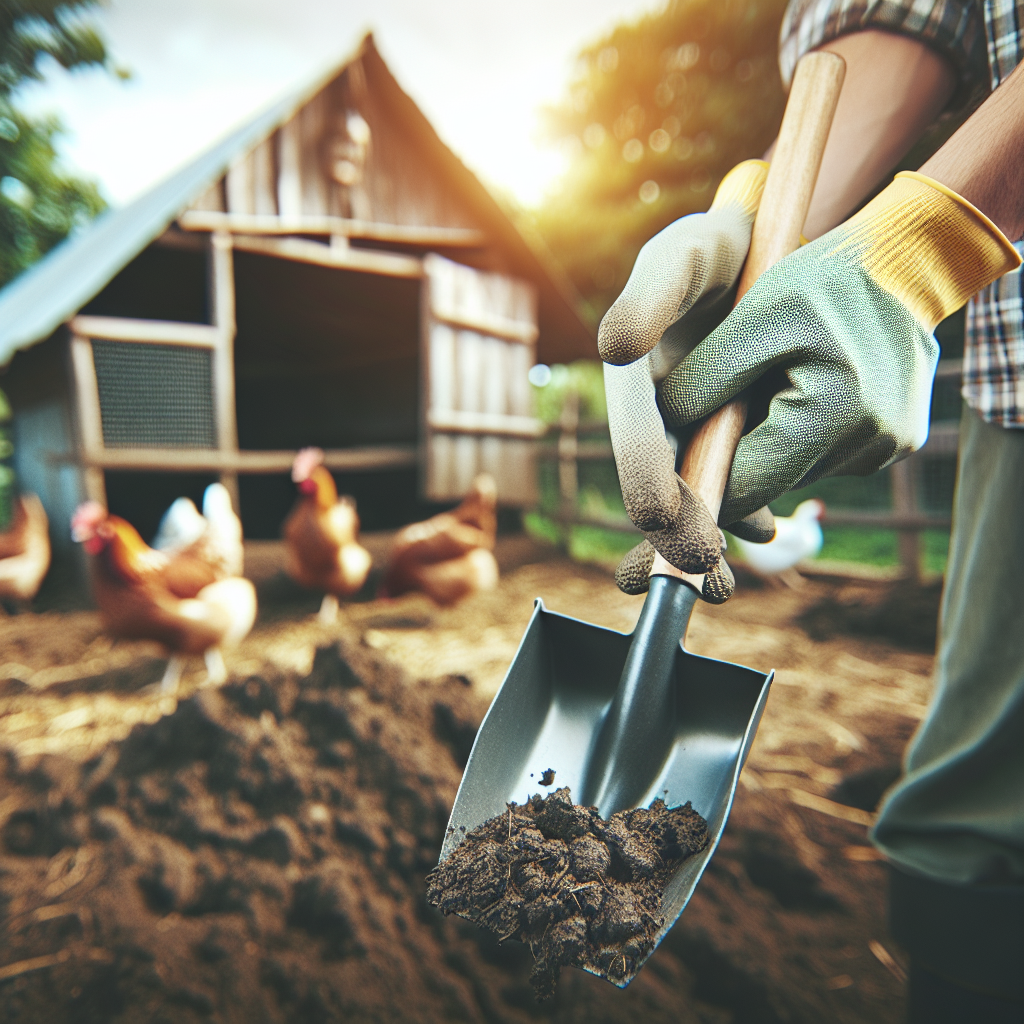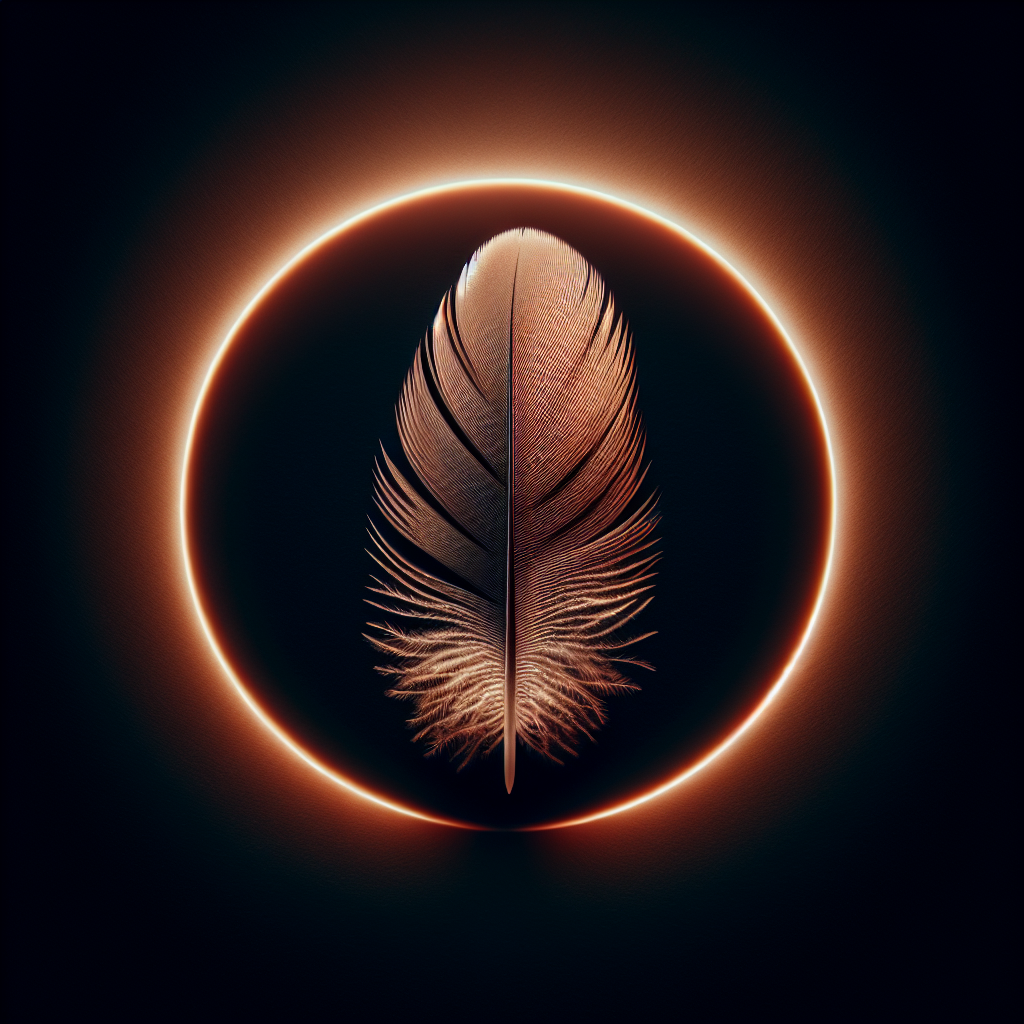If you’re just starting out as a beginner in managing waste and maintaining cleanliness in your coop, you may be wondering where to even begin. After all, keeping your coop clean is vital for the health and well-being of your chickens. But fear not, because in this article, we’ve got you covered with some practical tips and strategies to help you effectively manage waste and keep your coop squeaky clean, ensuring a happy and healthy home for your feathered friends. So let’s roll up our sleeves and get ready to tackle this challenge together!
Choosing the Right Coop Design
When it comes to choosing the right coop design, there are a few factors you should consider. First, think about the size and layout of the coop. It’s important to provide enough space for your chickens to move around comfortably and engage in natural behaviors like scratching and perching. A coop that is too small can lead to stress and health issues for your flock.
Additionally, you should choose a coop with easy cleaning features. Look for designs that have removable trays or sliding floors, which will make it much easier to remove soiled bedding and waste. Cleaning the coop regularly is essential for maintaining good hygiene and reducing the risk of disease.
Lastly, ensure proper ventilation in the coop. Proper airflow is crucial for maintaining optimal air quality and preventing the buildup of ammonia and moisture. Make sure your coop has windows or vents that can be opened and closed to regulate airflow and temperature.
Proper Waste Management
Managing waste in the coop is an important aspect of cleanliness and hygiene. Implementing a deep litter system can help to naturally break down waste and odor while also providing insulation for the coop during colder months. This system involves regularly adding fresh bedding material on top of the existing litter, which allows beneficial microbes to decompose the waste.
Regularly cleaning the coop floor is crucial in maintaining cleanliness. Remove any droppings and soiled bedding frequently to prevent the buildup of harmful bacteria and odors. This will not only keep your chickens healthier but also make the cleaning process much easier.
Using absorbent bedding materials, such as straw or wood shavings, can help to absorb moisture and reduce odors in the coop. These materials also provide a comfortable surface for your chickens to walk and rest on.
Avoid overcrowding the coop, as this can lead to increased waste production and unsanitary conditions. Provide enough space for each chicken to have at least 4 square feet of coop space, and ensure easy access to food and water.
Cleaning and Disinfecting the Coop
Regular cleaning and disinfecting of the coop are essential for maintaining a healthy and hygienic environment for your chickens. Start by removing droppings and soiled bedding regularly. This will prevent the buildup of harmful bacteria and reduce odors.
Scrub the coop walls and floor using a mild detergent or soapy water solution. This will help to remove any remaining dirt or grime. Rinse thoroughly with clean water to ensure all cleaning residue is removed.
It’s important to use safe cleaners when disinfecting the coop. Avoid harsh chemicals, as they can be harmful to both your chickens and the environment. Instead, opt for natural disinfectants such as vinegar or hydrogen peroxide diluted in water. These are effective at killing bacteria and viruses without posing any harm to your flock.
Managing Food and Water
Proper management of food and water is crucial for the health and cleanliness of your chickens. Keep feed in secure containers to prevent pests from accessing it and to avoid spillage inside the coop. Spilled food can attract rodents and other pests, leading to unsanitary conditions.
Provide clean and fresh water to your chickens daily. Ensure that the water containers are easily accessible and regularly cleaned to prevent the growth of bacteria. Dirty or stagnant water can lead to various health issues for your flock.
Preventing Pest Infestations
Pest infestations can pose a threat to your chickens’ health and the cleanliness of the coop. To prevent pests from entering the coop, seal any cracks or holes in the walls or floor. Pay special attention to areas where rodents or insects can easily gain access.
Install wire mesh or netting around the coop to keep out rodents and other pests. Make sure the mesh is securely attached and has a small enough grid to prevent animals from squeezing through.
Consider planting pest-repellent herbs or plants around the coop. Certain plants, such as mint, lavender, and marigolds, have natural pest-repellent properties. This can help to deter pests from the coop area and reduce the risk of infestations.
Proper Egg Handling and Cleaning
Proper handling and cleaning of eggs are important for maintaining their quality and reducing the risk of contamination. Collect eggs frequently to prevent them from sitting in the coop for too long. This will also discourage chickens from pecking at or breaking the eggs.
Store eggs properly in a clean container. Avoid washing the eggs before storage, as this can remove the natural protective coating. Instead, store them in a cool, dark place with proper ventilation.
If an egg becomes dirty, it is best to clean it with warm water. Gently wipe off any dirt or debris using a soft cloth or sponge. Avoid using any detergent or soap, as it can seep through the shell and contaminate the egg.
Managing Manure and Composting
Proper management of manure is crucial for maintaining cleanliness in the coop and utilizing it as a valuable resource. Designate a composting area where you can compost the manure. This will help to break it down into nutrient-rich compost that can be used in your garden or for plants.
Use a composting system specifically designed for manure. This will optimize the decomposition process and ensure that it is done safely and efficiently. Follow the recommended guidelines for turning and monitoring the compost to ensure proper breakdown and eliminate odors.
Good Hygiene Practices
Maintaining good hygiene practices is essential for the health and safety of both you and your chickens. Wear protective gear, such as gloves and a mask, when cleaning the coop to prevent direct contact with waste and reduce the risk of respiratory issues.
Wash your hands thoroughly with soap and water before and after handling chickens. This will help to prevent the spread of bacteria and diseases.
Avoid tracking manure into living spaces by having designated footwear for the coop area. This will prevent the transfer of bacteria and minimize the risk of contamination in your home.
Routine Coop Inspections
Regularly inspecting the coop is important for identifying and addressing any potential issues promptly. Check the coop for damages or leaks that could compromise its structural integrity or allow pests to enter. Repair any damages as soon as possible to maintain a secure and hygienic environment for your chickens.
Inspect perches and nesting boxes for signs of wear and tear. Replace any damaged or splintered perches to ensure the comfort and safety of your chickens. Clean and replace bedding in nesting boxes, as soiled bedding can lead to egg contamination.
Monitor your chickens for signs of illness. Keep an eye out for unusual behavior, decreased appetite, or any visible symptoms. Early detection and treatment of illnesses can prevent the spread of diseases and maintain the overall health of your flock.
Seek Advice from Experienced Chicken Keepers
If you are a beginner chicken keeper, seeking advice and guidance from experienced individuals can be invaluable. Join online communities or forums dedicated to chicken keeping. These platforms allow you to connect with experienced chicken keepers, ask questions, and learn from their knowledge and experiences.
Consider attending local workshops or chicken keeping classes. These educational events provide hands-on learning opportunities and allow you to interact with experts in the field. You can gain practical knowledge and advice specific to your region or climate.
Don’t hesitate to reach out to local poultry associations or organizations for guidance. They often offer resources, support, and access to valuable information that can help you in managing waste and maintaining cleanliness in your coop.
By following these tips and guidelines, you can effectively manage waste and maintain cleanliness in your coop as a beginner. Remember, keeping a clean and healthy environment is essential for the well-being of your chickens and the overall success of your flock.




